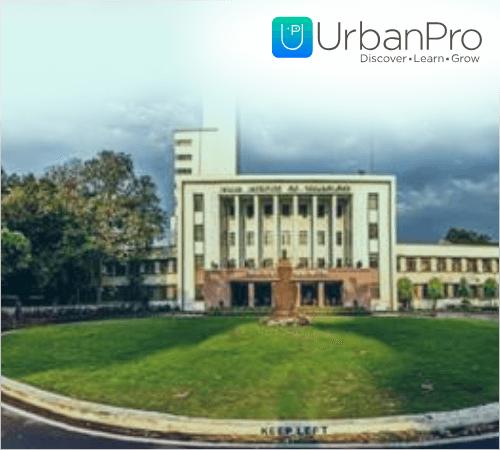India is the land of Vedas. It is an old country but a young nation. India's Educational system has always been excellent from the Gurukula system to the present day international schools. Here are a few surprising facts about education in India.
1. IIT Kanpur has its own Airport
Kalyanpur airport also known as IIT Kanpur airport is a private airport owned by IIT Kanpur. The Aerospace engineering department of IIT Kanpur uses this airport to test their models, and they also have glider flying programme.
2. India has the World's largest school.
City Montessori School is a co-educational private school offering education in English medium in the city of Lucknow with over 55,000 students and 4,500 staff across 18 campuses. The City Montessori School (India) awarded the 2002 UNESCO Prize for Peace Education.
3. India has the first and oldest Women's college in Asia.
Bethune College is a women's college located in Kolkata and is affiliated to the University of Calcutta with a motto of 'Viddaya Vindatey Amritam'. It's the first women's college in Asia and the oldest women's college.
4. India is the world's Third largest education system.
The Indian Education system is the world's third-largest Higher Education System which comprises of more than 800 universities, 39,000 colleges and a capacity of enrolling more than 20 million students.
5. India has the Largest open university in the world by student enrollment.
With the enrollment of around 34,99,999 students, Indira Gandhi National Open University (IGNOU) is the world's largest open university based on student enrollment. The enrollment number is calculated inclusive of active students on and off campus.
6. India has Asia's largest residential university.
Banaras Hindu University, established on 4th January 1916 based on the pattern of universities at Taxila and Nalanda is one of Asia's largest residential university with more than 35000 students.
7. The interesting Name- Game.
22 universities in India are in the name of 'Gandhi'. Eight universities are named after Mahatma Gandhi, eight universities are named after Rajiv Gandhi, five universities are named after Indira Gandhi, and a university named after Sanjay Gandhi.
8. Indian government provides free education to all children between the age of 6 to 14 years.
The Right to Education Act (RTE) or Right of Children to Free and Compulsory Education Act is an Act of the Parliament of India, and it was enacted on 4 August 2009, which describes the vital importance of free and compulsory education for children between the age of 6 to 14 years. India is one of 135 countries in the world to make education a fundamental right of every child.
9. India has world's largest Higher education sector.
The Higher Education Sector in India is the largest in the world with over 70 million enrollments.
10. Indian students spend 7 billion to study abroad.There has been an estimation that Indian students spend about 7 billion to go and study in universities abroad.





